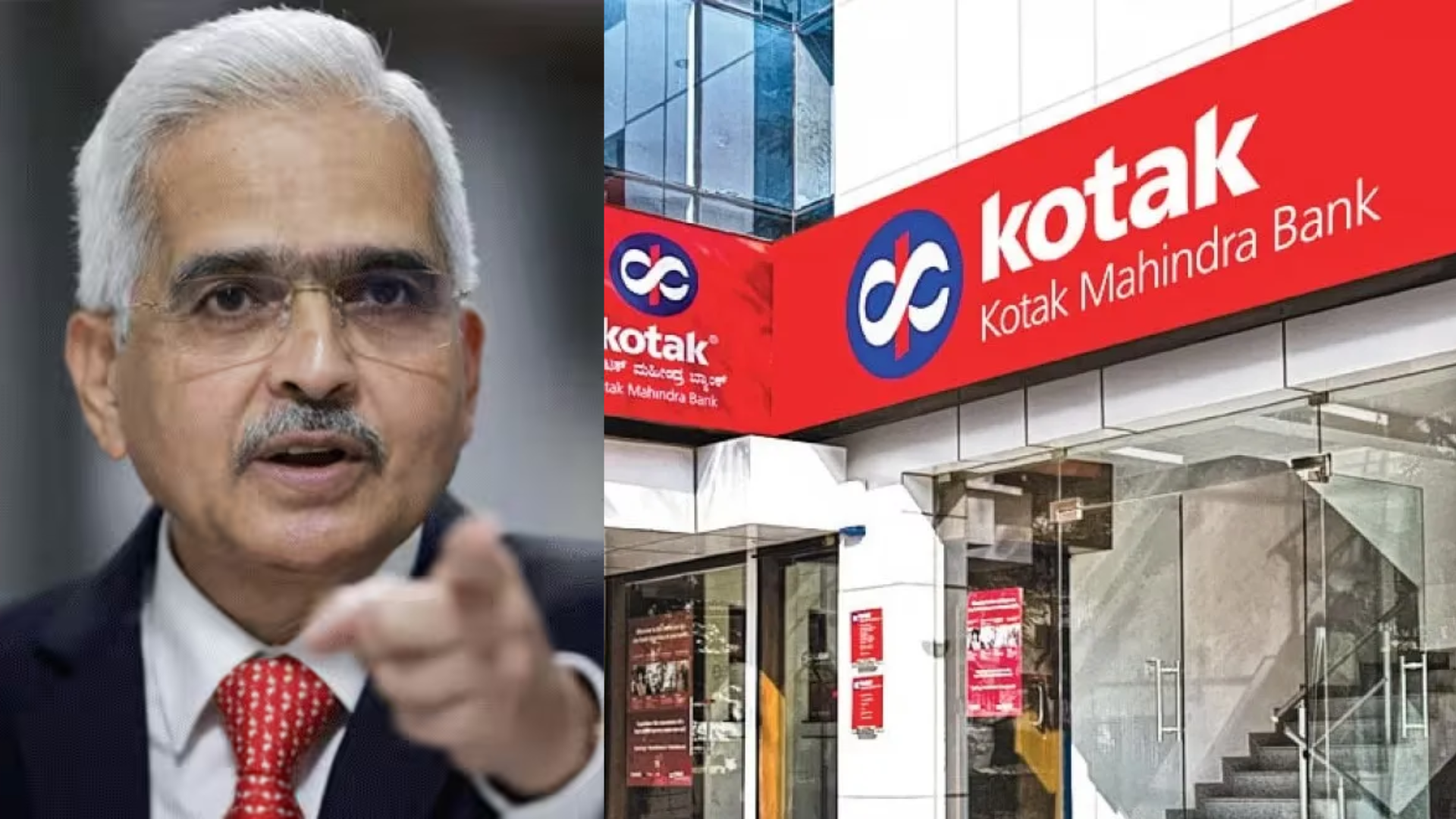










Last week marked a watershed for technology startups in India, as a record bout of fundraising shifted attention to the world’s second-most populous market, just as investors were becoming intimidated by a crackdown on internet companies in China. India had a record $6.3 billion of funding and deals for technology startups in the second quarter, while funding to China-based companies dropped 18% from a peak of $27.7 billion in the fourth quarter of 2020, according to data from research firm CB Insights
With the backing from Morgan Stanley, Tiger Global and Fidelity Investments, Food-delivery app Zomato Ltd. became nation’s first unicorn to make its stock-market debut, raising $1.3 billion. The parent of digital payments startup Paytm filed a draft prospectus for what could be India’s biggest IPO at $2.2 billion, while retailer Flipkart Online Services Pvt raised $3.6 billion at a $38 billion valuation, a record funding round for an Indian startup.
Hans Tung, the Silicon Valley-based managing partner of GGV Capital said “Indian entrepreneurs have been quietly building startups for a decade now, the country’s internet infrastructure has vastly improved in that time and there’s a very good appetite for tech stocks globally. Investors are beginning to see the huge upside and they expect India to be a China.” On Monday, Lenskart informed that it raised $220 million from investors including Singapore’s Temasek Holdings Pte and Falcon Edge Capital. It raised money earlier from KKR & Co. and Japan’s SoftBank Group Corp.
Unlike China, where online usage is much more developed, many of India’s 625 million internet users are just dipping their toes into the world of video streaming, social networking and e-commerce. Opportunities in online shopping are particularly attractive, as ecommerce accounts for less than 3% of retail transactions. Tech startups in India are still paying to build supply chain and delivery networks.
From February peak, China is reining in its tech companies, wiping over $800 billion off market valuations and shaving billions off the net worth of its most famous entrepreneurs. However, this month, the government abruptly pulled ride-hailing service Didi Global Inc. from app stores, months after regulators forced Jack Ma’s Ant Group Co. to halt a blockbuster IPO at the eleventh hour. The suppression is expected to continue, as regulators curb the power of internet companies and wrest back control of user data.
Nilesh Shah, group president and managing director at Kotak Mahindra Asset Management Co. in Mumbai said “Indian tech companies can attract global investors who’ve burnt their hands in Chinese tech companies”. The IPOs will give retail investors a chance to own a stake in the startups, which had been available only to global private investors. India has been minting startups valued at $1 billion or more in recent months at unprecedented speed in private markets. A Credit Suisse Group AG report this year found there are about 100 unicorns in India with a combined market value of $240 billion, in sectors from e-commerce and fintech to education, logistics and food delivery.
Optimism about India is tempered as one of the worst coronavirus outbreaks in the world threatens to erode decades of economic gains. Nor are investors in India free of political risks. Technology startups also face a tightening regulatory regime with Narendra Modi’s government clamping down on foreign retailers, social media giants and streaming companies. The administration is expected to present a bill on data ownership and storage during the parliament monsoon session starting Monday that would restrict the ways they can handle user information.
“Many of these businesses are in habit-forming stage of acquiring customers and hence the losses can be front-loaded. What really matters is the potential to generate cash flows.” said Ramesh Mantri, a director of investments at Mumbai-based White Oak Capital. Tech tycoon Nandan Nilekani reiterated, “When these new startups convert their pole position to earnings and cash flow, their future is assured.”










